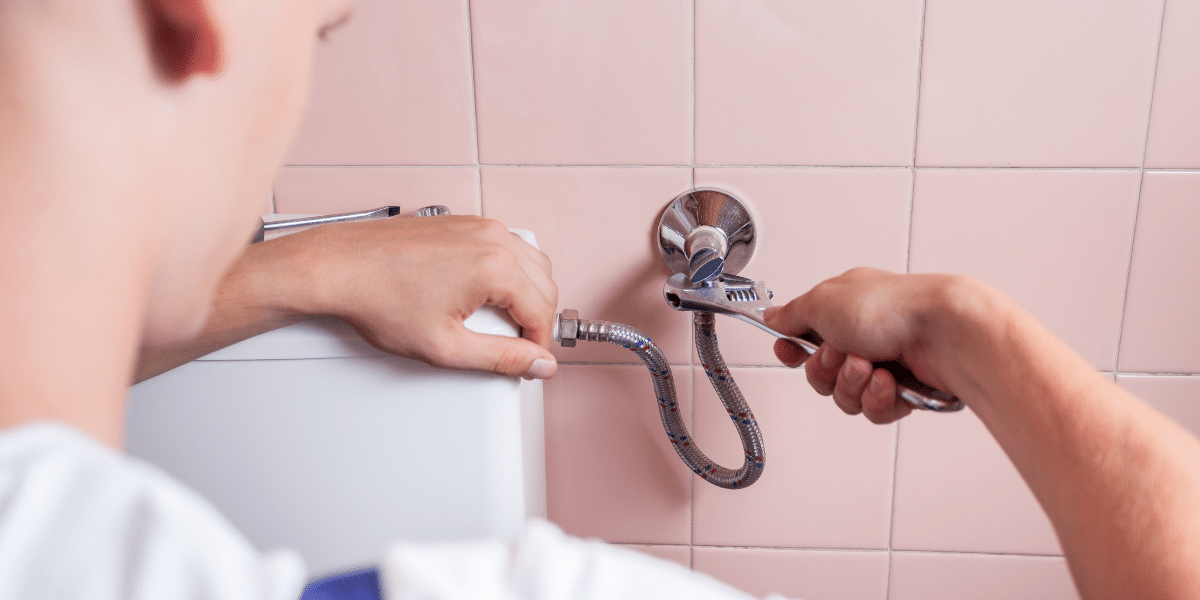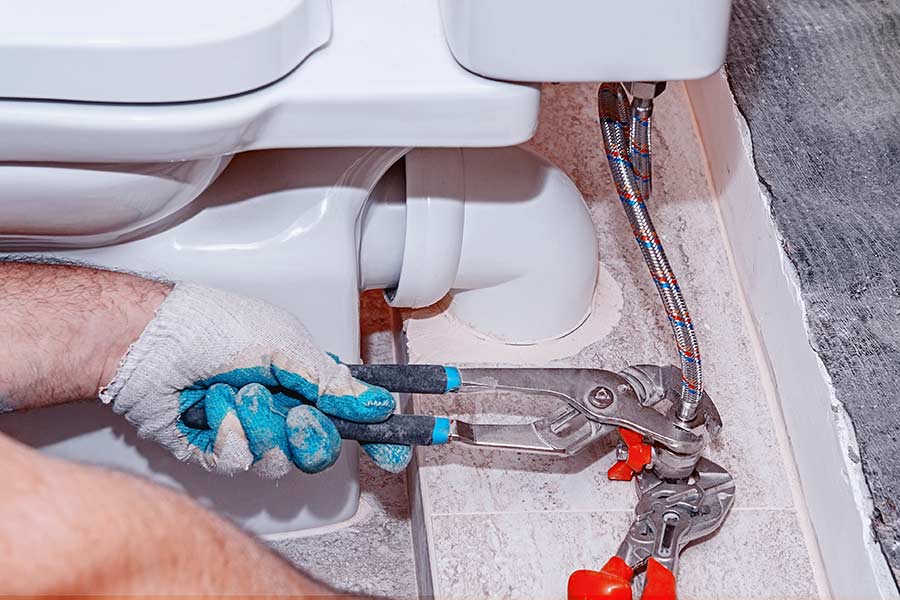5 Standard Water Leak Origins
5 Standard Water Leak Origins
Blog Article
This great article below relating to How to Find and Prevent Water Leaks in Your Home is rather motivating. Read it for yourself and figure out what you think of it.

"Be cautious of little costs. A little leak will sink a great ship." - Benjamin Franklin.
He couldn't have actually been extra ideal since water leaks in our residences lead to a waste of resources, boosting our water bills. This increase might seem minimal at initially, it can lead to significant expenses that can break your financial institution. Aside from an increase in costs, water leaks likewise trigger unwanted natural development, structural damage, and even electric dangers.
If you have a water leakage isn't always simple due to being unable to see most of the pipework in your residence, figuring out. If you have had a boost in your water expenses lately, noticed water stains on ceilings as well as walls, smelt poor smell, and so on. You might intend to take into consideration asking for plumbing solutions to get it looked into.
There are a number of sources of water leaks, and we have actually put together the typical reasons listed below. Inspect to see if you have had associated issues in your house just recently.
Weakened pipe joints
Pipe joints are the parts of our plumbing system where the pipes attach. It is important to note that also though pipelines are made to hold up against stress as well as last for a while, they weren't developed to last for life; therefore, they would certainly deteriorate over time. An usual sign of damaged pipe joints is excessive noise from faucets.
High water pressure
You observed your home water pressure is greater than typical but after that, why should you care? It runs out your control.
It would certainly be best if you cared because your ordinary water stress ought to be 60 Psi (per square inch) as well as although your house's plumbing system is created to endure 80 Psi. A rise in water pressure can put a stress on your house pipelines and also result in fractures, or even worse, ruptured pipes. Get in touch with a specialist about controling it if you ever before notice that your house water pressure is higher than normal.
Corrosion
As your pipework grows older, it obtains weak and also much more at risk to rust after the constant flow of water through them, which can eat away at pipes and cause splits. A visible sign of deterioration in your house plumbing system is discoloration and also although this might be tough to find because of most pipelines hidden away. We recommend doing a constant appointment every couple of years as well as alter pipelines once they are old to guarantee an audio plumbing system
Obstructed drains
Food bits, dust, and also grease can create blocked drains pipes as well as obstruct the passage of water in and out of your sink. Boosted stress within the rain gutters can create an overflow as well as finish up cracking or rupturing pipelines if undealt with. To avoid clogged drains pipes in your home, we advise you to stay clear of putting bits down the tubes as well as regular cleansing of sinks.
Broken seals
Another source of water leakages in residences is damaged seals of residence appliances that use water, e.g., a dishwasher. When such devices are mounted, seals are installed around water adapters for easy flow of water with the equipment. A busted seal can cause leakage of water when in usage.
With little or no expertise of plumbing, understanding your house's plumbing system sufficient to deal with some of these issues (without consequence) can be a problem. Get in touch with plumbing professionals in Pittsburgh, Divine Superintendence, Rochester, and also environ today, and also they'll make those problems vanish.
He couldn't have been more right because water leaks in our homes result in a waste of resources, raising our water costs. If you have had a boost in your water bills lately, noticed water discolorations on ceilings and wall surfaces, smelt lousy smell, etc. An increase in water stress can put a strain on your residence pipes and also lead to cracks, or even worse, burst pipelines. Another cause of water leakages in homes is broken seals of residence appliances that utilize water, e.g., a dishwasher. When such devices are installed, seals are set up around water connectors for simple flow of water via the device.
5 TIPS IN DETECTING A WATER LEAK IN YOUR HOUSE
Water leaks can be hard to find in your home, yet they can be so common. We rely on water every day in our home, which is why a leak can cause big problems. By detecting them early, you can save money and further damage, getting the problem fixed as soon as possible. Here are 5 tips to help you detect a water leak in your home, so you can contact a plumber straight away and get the issue sorted.
Check your water meter
Many people underestimate the value of the water meter in their home. It can be one of the best ways to tell if you have a leak early on, so you can get on top of it before issues start arising. Start by turning off all the water in your home: taps, washing machine, dishwasher, etc. Now take a look at the meter – if it’s still changing with everything turned off, it’s likely you have a fast-flowing leak that you need to get on top of straight away. If nothing changes, then leave your meter for an hour or two and come back to it. Did it change in this time? It’s likely you have a slower leak, which isn’t as urgent but still handy to get fixed so it doesn’t become a bigger problem.
Keep an eye on your bill
Another good way to detect a leak in your home is by keeping an eye on your water bill. It helps if you have a past bill from the same period of time. You can compare like for like and determine whether your water usage has increased significantly. If it has, there may be a leak in your system that you haven’t picked up before. A professional plumber can check through all of your pipes and determine where it is coming from.
Look for damage
If you have a leak inside your home, you will notice damage over time. Take a look at your showers and bathtubs and note whether any of the tiles surrounding the area seem to be discoloured or damaged in any way. There may be water stains, mould or peeling material that has resulted from a build up of moisture over time. Make sure you take a look under sinks at the back of cupboards that don’t get accessed regularly. This is where damage can go unnoticed and build up over periods of time.

I stumbled upon that write up about How to Find and Prevent Water Leaks in Your Home while doing a lookup on the web. Please set aside a second to promote this article if you enjoyed it. Many thanks for taking the time to read it.
We're ready, are you? Report this page